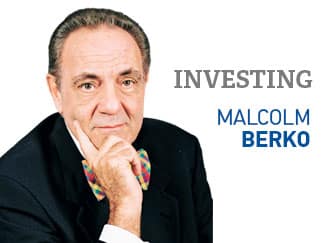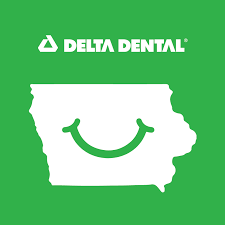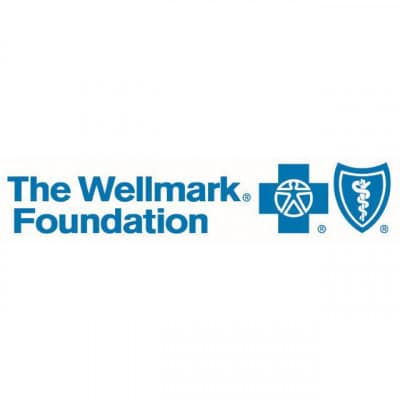Berko: Negative interest rates and municipal bonds

Dear Mr. Berko:
I’m 71 and retired. I own a duplex with no mortgage, and I live in one side and rent the other. I have $186,000 in my individual retirement account ($88,000 of which is in an IRA money market account) plus $71,000 in savings. My duplex income, my IRA and Social Security keep me out of the poorhouse, but I need additional income. My broker advised me to put the $88,000 from the money market account in the Nuveen High Yield Municipal Bond Fund, which pays 6.43 percent tax-free. I didn’t know we could buy tax-frees in an IRA. He says the Federal Reserve is reducing the stimulus but needs to keep short-term interest rates low. He believes that the Fed will use a new tool called “negative interest rates” and charge banks a fee to keep their money on deposit with the Fed. He says this charge will make the banks charge depositors fees for their money market accounts, certificates of deposit and savings accounts and force depositors to buy more fixed-interest bonds, pushing the bond market even higher. I don’t understand much of this. I’d appreciate your comments.
R.J., Oklahoma City
Dear R.J.:
My, my, you seem to have a popular broker. Just a few days ago, I received a letter from another OKC reader with a very similar question. This guy gave you good advice, but it was for the wrong reasons. I like his recommendation to buy the Nuveen High Yield Municipal Bond Fund (NHMAX-$15.72) in your IRA, though the 4.2 percent commission is rather rich. Unfortunately, the Fed’s low interest rate policy to heal the economic catastrophe caused by the big banks continues to push needy retirees from low-risk accounts to high-risk investments. And though I think it’s wrongheaded, the Fed’s actions leave most retirees little choice – to go without, apply for food stamps and invade principal. Those banks may be too big to fail, but retirees who depend on CD income are too small and expendable. And though the income from NHMAX won’t come to you tax-free, it’s been apparent in the past few years that BBB/Baa-rated municipal bonds have higher yields than similarly rated corporate issues.
Nuveen is a much-respected name and has been managing muni bond portfolios for more than 100 years. About 48 percent of NHMAX’s portfolio is not rated; however, the fund’s $6.8 billion portfolio of nearly 100 issues is well-diversified. The risk of default is low, but there’s a possibility that NHMAX’s dividend payout will be reduced if the Fed continues to push rates lower.
Because the Fed has been dump-trucking money into the system, the banks have accumulated $3 trillion in excess reserves on deposit at the Fed. Excess reserves are the amount of money over and above what the regulators require the banks to hold in cash against potential claims. But that $3 trillion doesn’t sit there like a lump on a log. The Fed pays its member banks 0.25 percent, and during the past 12 months, member banks have earned interest of nearly $7 billion. This $3 trillion in ER is secure, no-risk income, and the banks have zero incentive to lend it. So the thinking is: If the banks didn’t earn a centime on their ER and were charged fees by the Fed (negative interest) to keep the money fallow, it would become an expense on their income statement, and they might be encouraged to lend it, because that is precisely what banks are failing to do. Unfortunately, even qualified borrowers find it’s easier to file a corporate tax return on the Internet or use HealthCare.gov to purchase health insurance than it is to borrow money from their bank. If banks won’t improve their lending practices, the economy will just continue its inchmeal recovery.
Meanwhile, your broker is as wrong as Douglas Corrigan, who, in 1938, was supposed to fly west from New York to California but mistakenly flew east to Ireland. Negative interest rates won’t affect your CD or savings rates. They will increase bank loan volume, which should goose economic activity and create demand for higher employment, increasing federal tax revenues and interest rates. We hope!









